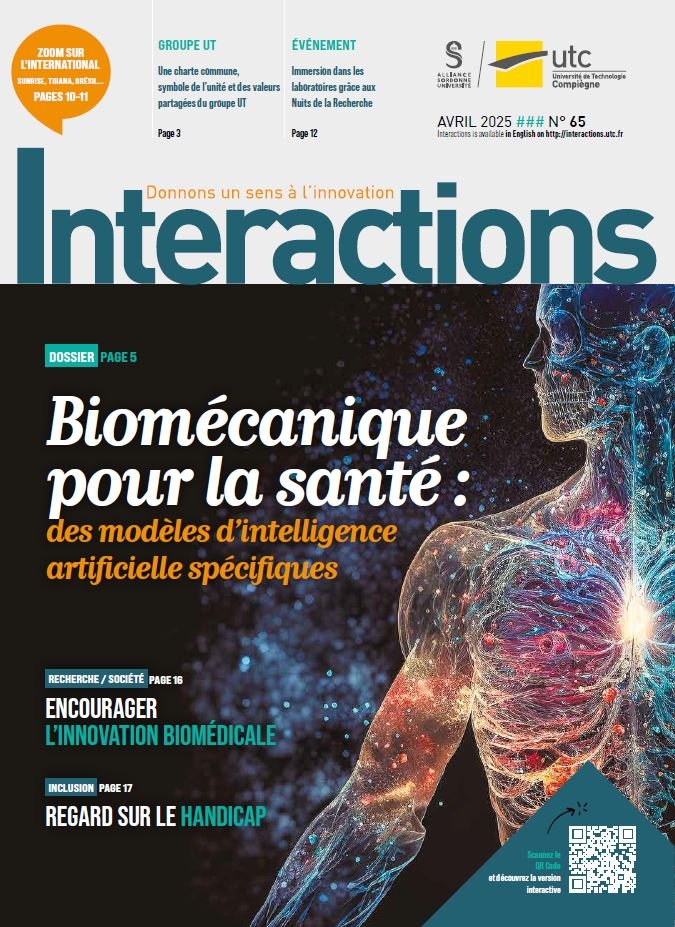Optimizing the sustainability of electric power battery units

Nicolas Damay, lecturer, works at the UTC Roberval laboratory. Khadija El Kadri Benkara, a research scientist in the same laboratory, is responsible for all electrical energy research platforms. Their research focuses on optimizing the life and performance of electric batteries.
While chemists are responsible for the development of new materials and the creation of high-performance battery cells, the problems associated with their control in systems fall more within the remit of electrical engineering. This means controlling electrical and thermal (or even mechanical) behaviour, while at the same time gaining access to information limited by onboard sensors.
Already proud of its recognized expertise in electrical machines, the team turned their attention to batteries in the early 2000s, under the leadership of Christophe Forgez. In the field of electrical engineering, this ranges from battery sizing to battery control, based on multi-physical modelling. The team’s scientific approach is to better understand electrochemical and thermal phenomena, subsequently transcribed into coupled models known as “digital twins”. “These tools are easier to manipulate than physical objects and will enable colleagues to work on optimizing design or control, with efficiency objectives in terms of mass reduction and durability, for example”, explains Nicolas Damay.
In their research activities, the team members place great value on using an experimental approach to enrich and validate its models. This is done with a view to meeting and resolving technological and industrial challenges. Hence the development of various research platforms. “These platforms cover the entire powertrain chain, from the battery to the electric machine, including power converters. Generally speaking, my research focuses on the design and multi-physics modelling of on-board energy conversion devices. More specifically, I’m currently supervising a thesis dedicated to the thermal parameters of batteries”, adds Khadija El Kadri Benkara.
It turns out that battery temperature is the primary factor influencing ageing. “Temperature also poses a safety problem. Hence the importance of measuring the heat generated by the battery, which can be precisely determined using calorimetry,” adds Khadija El Kadri Benkara.
UTC’s recognized expertise in this field enabled her to join the HIPOBAT (High Power Batteries) project, which brings together six French and six German laboratories to develop high-power “all-solid state” batteries for rapid charging and discharging. “It’s a multi-disciplinary, multiscale project. Research will focus on new battery technologies, particularly those based on sodium-ion. This choice is motivated by a desire for sovereignty — sodium can be extracted from seawater — but also by environmental impact”, explains Nicolas Damay.
MSD




